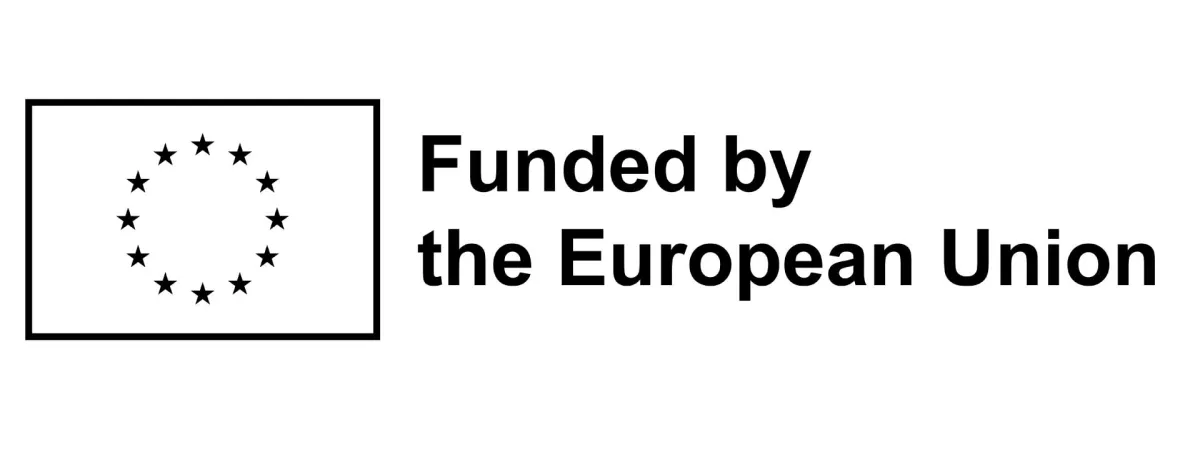Evaluating citizenship competencies is a challenge for many teachers. The Eurydice report (2005) already emphasized that assessing students in citizenship education is a challenging and complex task.
Although assessing theoretical knowledge in citizenship education is relatively simple, measuring citizenship attitudes and values is much more difficult.
Providing students with feedback on citizenship competencies can only strengthen the learning process, but teachers want to avoid judging students as 'successful or failed' citizens (in the making).
In ALiCE we look for an answer to the question of how teachers be able to approach formative assessment of citizenship with an eye for the growth of each student.
- Objective:
- ALiCE is an Erasmus+ project that examined how teachers can formatively evaluate citizenship competences and professionalises them through national and international training courses.
- Focusing on the formative evaluation of citizenship competences not only strengthens the teachers themselves but also the learning process of pupils and benefits the quality of citizenship education.
Contact
- Research duration: 1 January 2022 - 31 November 2024
- Future-driven Education research centre
- Funding: European Union
- Website: https://www.alice-project.eu/
- Platform: https://eduface.app/
- Project partners:
- AGSO: Autonoom Gemeentebedrijf Stedelijk Onderwijs Antwerpen (coordinator)
- OsloMet Norway
- University of Lisbon
- LUV Slovenia: Andragoski zavod Ljudska univerza Velenie Socialiniu projektu institutas Litouwen
- CIRPE: Centro Iniziative Ricerche e Programmazione economica Euroface Consulting Czech Republic
- Euroface Consulting Czech Republic
- NTCenter Bulgaria
ALiCE stands for ‘Assessment for Learning in Citizenship Education’; an Erasmus+ project that entails portraying the benefit of a formative approach to assessment to assess citizenship competences. There is a variety of frameworks when it comes to citizenship competences and how they can be evaluated.
Within the context of the Green Deal, the European Commission has called for a European framework for ‘Green Competences for lifelong learning’. What unifies these frameworks is their common focus on the active role of young people in society. To become active citizens, schools, and teachers have to give students opportunities to develop citizenship competences in diverse contexts (home, school, local community …).
Allowing students to reflect and critically assess connections within these contexts can help them to take action related to national and global issues. Diverse interpretations of citizenship education exist across and within European member states.
Due to its wide range of curricular objectives and diverse contexts in which it is taught and learned, citizenship education challenges teachers and schools to integrate it into the curriculum. Teachers struggle to design learning activities and assess if students are learning citizenship competences.
In particular, there is a need for assessment methods that capture the complexity of citizenship education and its multifaceted competences. An important innovation in this area would therefore be to map and develop specific tools and methods that are used to assess these citizenship competences.
The main focus lies on a formative approach of assessment by making the learning process visible. Formative assessment is strongly connected with the principles of citizenship education since it relies on a shared understanding of the learning outcomes targeted by citizenship.
The role of the teacher then lies in setting clear goals and designing effective learning situations and classroom activities to achieve the citizenship competences. Furthermore, teachers can create opportunities for students to receive feedback that drives the learning process. It is important to activate students as instructional resources for one another (peer assessment) and to reflect on their own learning (self-assessment) within the formative framework of assessment.
However, to ensure the quality of monitoring students’ learning progress, teachers need to thoughtfully plan formative assessments. They should know which dimension (knowledge, skills, and attitudes) of citizenship competences they are trying to measure. This seems to be particularly challenging for teachers, as they are unfamiliar with the multiple dimensions of these competences.
Previous research revealed that the knowledge dimension is mostly covered in assessment, but attitudes and skills are evaluated far less. A clear assessment framework for citizenship education could support teachers in this process. However, such a framework, with specific assessment tools, is not widespread in educational practice. This is partly due to the complexity of citizenship and the unfamiliarity with it in educational practice.
Another issue is that assessing citizenship competences is context-dependent. In this respect, an assessment framework should contain guiding principles for teachers to use the framework in their own context-specific environment.
Output
In the ALiCE project, we develop national and international training courses, a learning platform, a MOOC, and an e-book with inspiration and knowledge sharing.
We present the ALiCE results at various conferences and events (e.g. Teach Up and EAPRIL conference, a study day on citizenship, and a GO study day!). Moreover, we want to disseminate the insights to the EBASO training at KdG. Developing a training program for school teams is also possible.
Researchers

Want to know more, collaborate or have a press enquiry?
You can collaborate with our research centre Future-driven Education on topics such as:
- Support for qualitative education starting from the (metropolitan) context.
- Expertise in sustainable education, school leadership, and diversity competences of school teams.
Contact us without obligation
Call +32 3 613 10 78
E-mail haydee.deloof@kdg.be
 Karel de Grote Hogeschool
Karel de Grote Hogeschool
